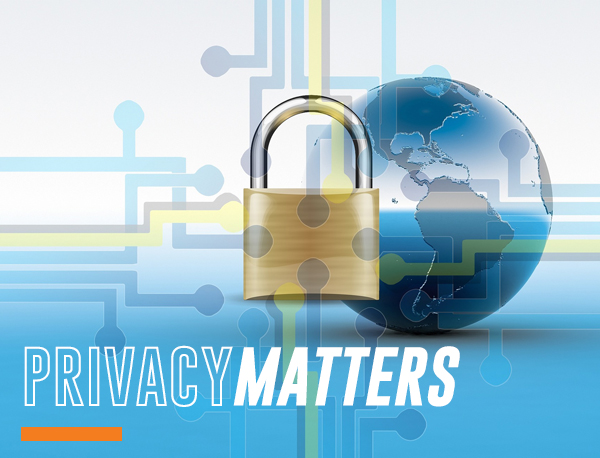Here are some tips to help you keep the scammers at bay:
- Don't click on links from sources you don't know. They could download viruses onto your computer or device. Even if it is a service that seems legit, don't click on the link in the email. Always do an independent internet search. If it's a legit company, it will likely come up in a search.
- Scrutinize links from sources that you think you know. Even if the email comes from your own credit card company or financial institution, don't click on the link in the email. Always use the website on the back of your card or go to the website that you regularly use.
- Watch for emails claiming to be from the Centers for Disease Control and Prevention (CDC) or experts saying that have information about the virus. For the most up-to-date information about the Coronavirus, visit the Centers for Disease Control and Prevention (CDC) and the World Health Organization (WHO).
- Ignore online offers for vaccinations. There currently are no vaccines, pills, potions, lotions, lozenges or other prescription or over-the-counter products available to treat or cure Coronavirus disease 2019 (COVID-19) - online or in stores.
- Do your homework when it comes to donations, whether through charities or crowdfunding sites. Don't let anyone rush you into making a donation. If someone wants donations in cash, by gift card, or by wiring money, don't do it.
- NEVER give out financial account numbers, credit card numbers, social security numbers and the like unless you are certain that it is a legitimate company.
For Additional Information:
- Federal Trade Commission:
If you have any questions about this PRIVACYMATTERS, contact the Chief Privacy Officer
privacy@uvm.edu.

